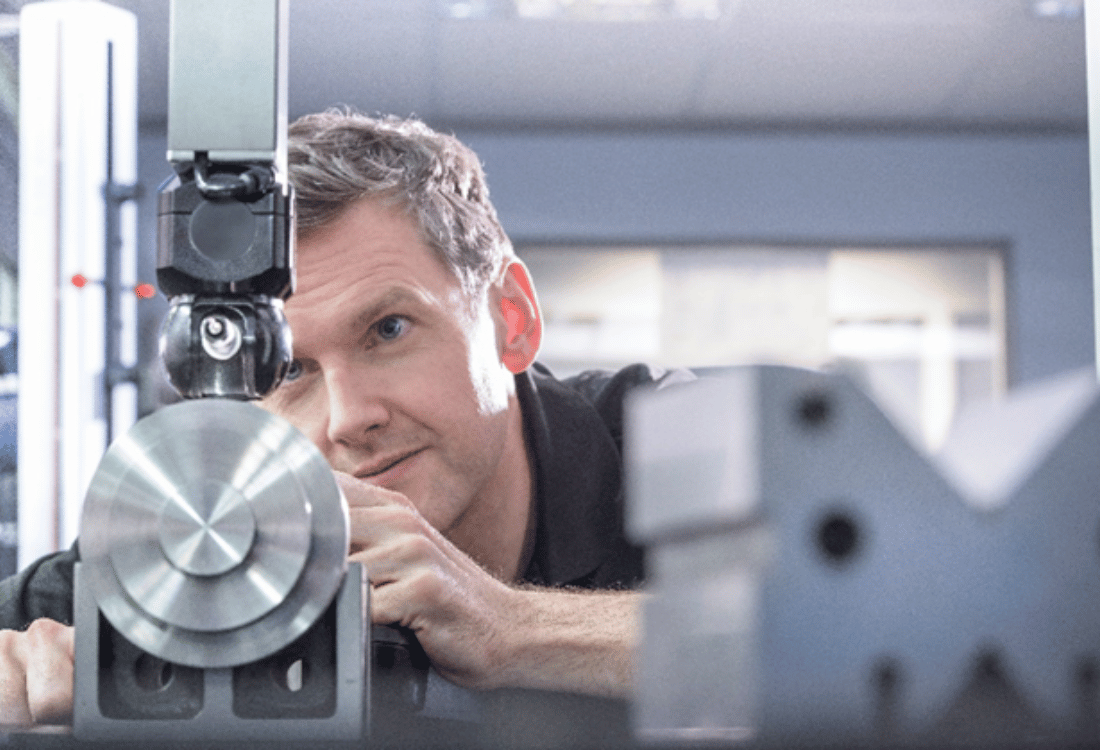
Accuracy in the medical manufacturing sector is non-negotiable as even the slightest error has the potential to alter treatment outcomes or jeopardise patient safety. From initial diagnoses to dosage calculations and surgical procedures, precision directly impacts on the effectiveness of care plans and treatments, ensuring optimum care for each patient.
Precision also matters in the design and use of medical equipment. Often featuring intricate designs, medical tools must be manufactured to the highest standards, meeting exacting specifications to ensure safe use in critical situations. Computer Numerical Control (CNC) machining is the cornerstone for the production of medical instruments, ensuring an unwavering degree of integrity and accuracy.
Unparalleled Precision
CNC machining is underpinned by unparalleled precision which is a critical factor in medical applications where even the tiniest deviation can deliver adverse consequences. As the basis for reliability and safety in patient treatment and care, CNC technology, and excellent levels of skill and expertise, ensures that healthcare clinicians and providers can carry out procedures where there is a zero margin for error. Whether crafting intricate components for surgical instruments or precisely engineered implants, CNC machining guarantees the precision required for these lifesaving devices.
Exceptional Repeatability
Another advantage of CNC machining that makes it indispensable for the medical community is its ability to seamlessly transition from design to mass production without compromising on quality. Once a design is finalised, CNC machining enables the consistent replication of complex geometries and precise specifications, which is essential for the production of medical devices on a large scale while upholding performance standards. With outstanding levels of repeatability, CNC machining ensures that every product is as accurate as the first, with no deviation.
Material Versatility
The medical industry also benefits from CNC machining’s flexibility in working with a broad array of materials. From biocompatible materials essential for implants to robust and durable metals for surgical instruments, CNC machining accommodates the use of specialist materials that are crucial for the manufacturing of medical devices. Common materials used in medical equipment manufacturing include:
-
Titanium: Used for implants due to its biocompatibility and strength.
-
Stainless steel: Commonly employed in surgical instruments for its durability and resistance to corrosion.
-
Plastics: Ideal for creating components in medical devices such as orthopaedic implants or instrumentation due to their lightweight and biocompatibility.
-
Cobalt-chrome alloys: Utilised in dental implants or prosthetics for their strength and resistance to wear.
Outstanding Intricacy
In medical technology, there is a need for intricate shapes and small components which poses significant challenges for manufacturers: how to quickly achieve consistent and accurate results without compromising on quality and generating waste. CNC machining works with exceptional accuracy, achieving the intricate details and tight tolerances that are required for small components. Also, many CNC machines have multi-axis capabilities, allowing for the complex movements that are essential for crafting tiny, three-dimensional shapes with intricate geometries.
Achieving Consistency Through Monitoring
Finally, the real-time monitoring and adjustment capabilities inherent in CNC machining ensure that each step of the manufacturing process maintains exacting standards. Meticulous oversight contributes significantly to the final product's quality and consistency, which is an essential requirement in the healthcare sector.
Contact Hone-All For A Free, No-obligation Quotation
For a free, no-obligation quotation or to find out more about our CNC machining services for the medical industry, please call Hone-All on 01525 370666 or send us a message and our team will be in touch.







